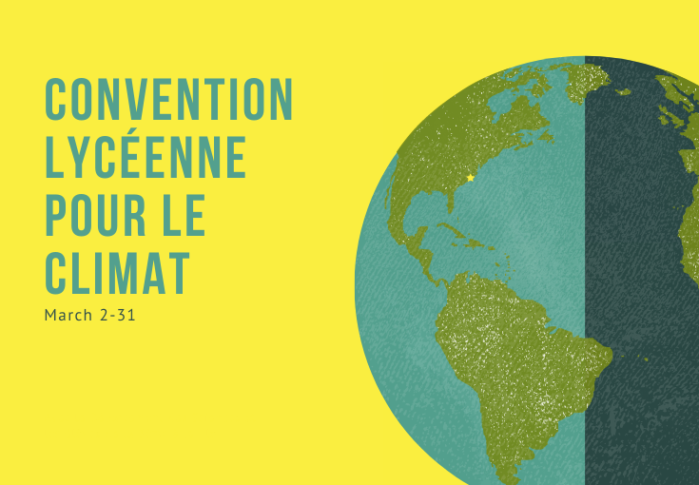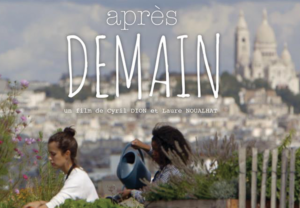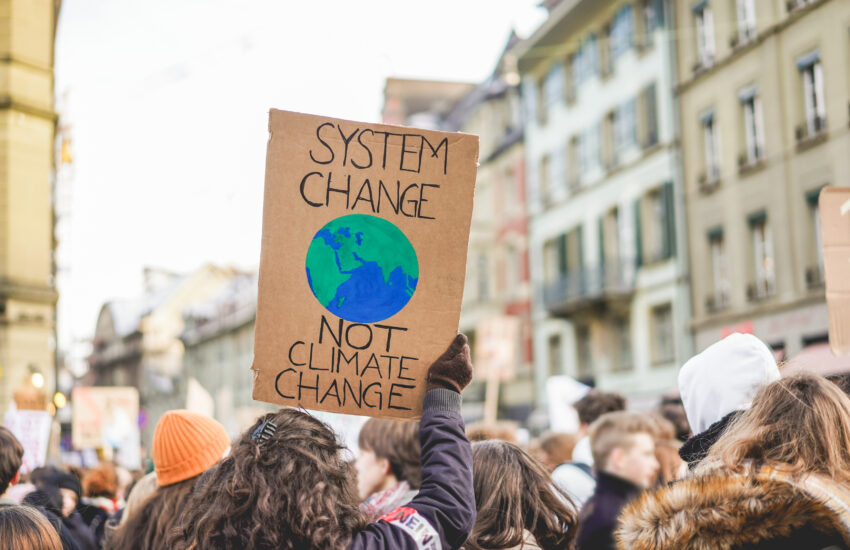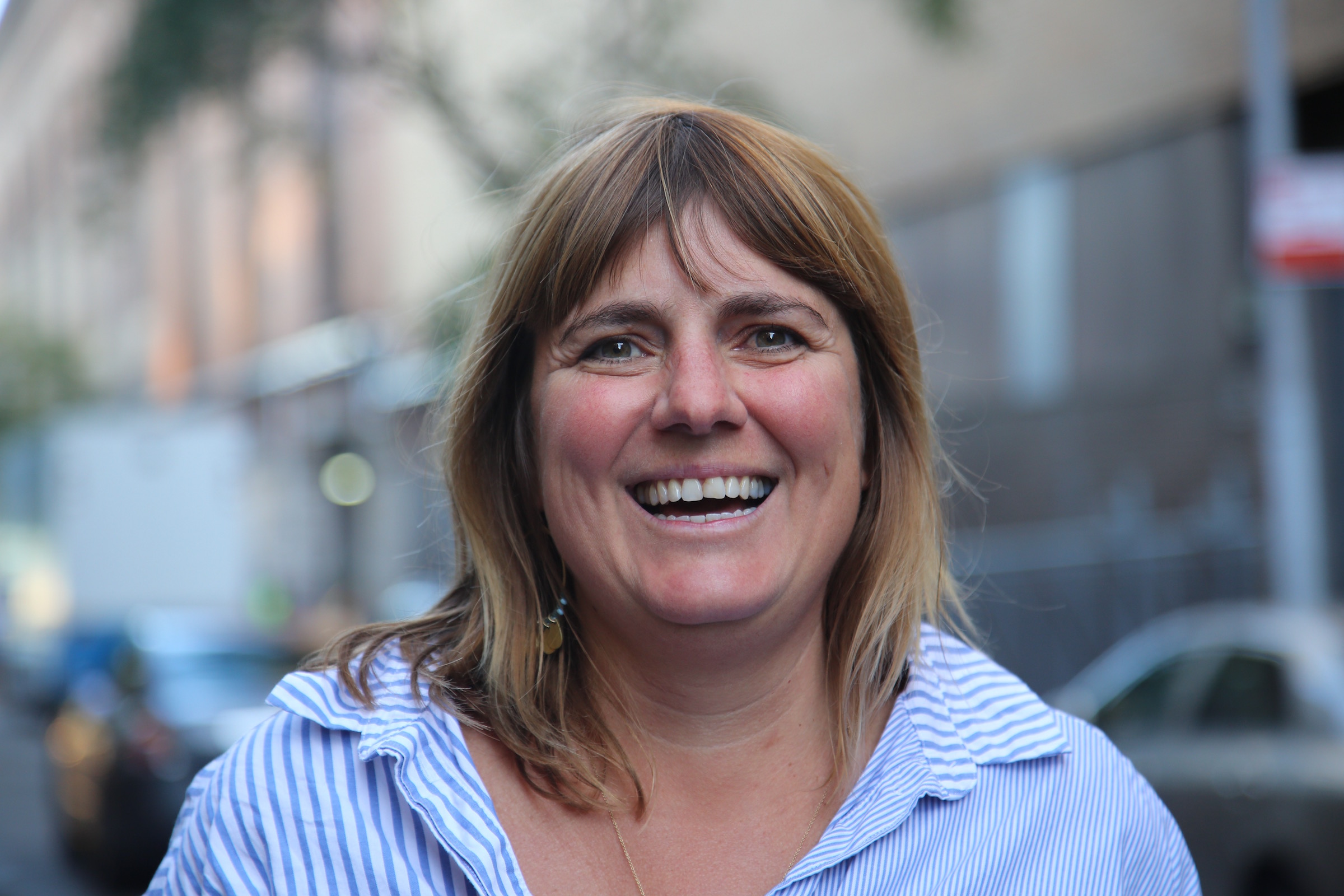So far, in the 2020-21 school year, we’ve had 3 snow days, which in my eight years at the Lycée is a record. But, as the seventh graders explain, we should not be confusing climate and weather. While the US reckons with an exceptionally cold and snowy winter that has devastated places like Texas, a glacier in India is melting, taking lives and villages with it. This disparity proves that it is time for all of us to act in whatever we can.
As part of the “Printemps du Climat” organized by the Cultural Center, the Lycée’s Science Department is guiding students in ninth to twelfth grade through a “Convention Lycéenne pour le Climat,” a high-school wide project designed to help them engage in issues of climate change and work towards a more sustainable future.

In France, following the “gilets jaunes” uprisings linked to the implementation of the carbon tax, the government proposed a “Convention citoyenne pour le Climat“, a forum made up of 150 representatives from across France’s diverse population. These 150 people heard from experts, and debated for eight months to define measures to reduce France’s greenhouse gas emissions (responsible for global warming) by at least 40% by 2030.
Inspired by this initiative, an expert from the Convention citoyenne, Sébastien Treyer, met with all high school students to introduce the project on March 2. As Director General of IDDRI, a think tank that facilitates the transition to sustainable development, Treyer will guide the students in thinking about ways to achieve sustainability at the Lycée.
Following this conference, students of mixed grade levels will be placed in working groups by themes: transportation, consumption, housing, production/work, and food. During their biology, physics, and chemistry classes, they will reflect on methods to reduce greenhouse gas emissions at the Lycée in each area.
Students will be assisted by specialists in various sustainability-related fields: Vincent Colomb, Engineer at the ADEME ecological transition agency; Nathalie Villermet, Member of the board of directors of the waste prevention and management network at France Nature Environnement; Stephen Knust, Director of Sustainable Development at Ennead Architects (the Lycée’s official architect); Suzanne Al-Shammari, Organizer at Transportation Alternatives; and Guillaume Pitron, author of the book “La Guerre des Métaux Rares”.
The students will brainstorm ideas to implement at the Lycée, in their homes and even in New York City to reduce our greenhouse gas emissions. These proposals will be presented to the Lycée community (students, governance and APL) at a conference on the morning of March 31.
This convention will allow our students to make a personal commitment to slowing climate change, and reinforce their knowledge about global warming. Along the way they will be inspired by youth activists such as Nathan Méténier, guest speaker at Food for Thought, our lunchtime conferences for high school students, and member of the UN Secretary General’s Youth Advisory Group on Climate Change.
Given that the French National Education system has modified curricula for Cycles 1 to 4 in order to reinforce the teaching of global warming on July 30, 2020, the Printemps pour le Climat is wellp-timed. The goal is threefold: knowledge, a civic commitment, and concrete action against climate change!
Learn More: Movie Screening of Après Demain

We invite you and your family to watch the climate documentary “After Tomorrow” directed by Laure Noualhat and Cyril Dion. At the invitation of Marion Cotillard, Cyril Dion met with President Macron to discuss ecological issues, and is considered one of the guarantors of the Citizens’ Convention. The virtual screening is organized by the Cultural Center as part of the Printemps pour le Climat on March 3 from 6pm.
Wednesday, March 3 at 6pm
Featured Image: Shutterstock
About the Author :
Camille Barré arrived at the Lycée Français de New York in 2012. She is an Earth and Life Science teacher. After spending her childhood and adolescence in Tchad, Reunion and Guadeloupe, Camille moved to Paris to study biology at the Ecole d’Ingénieur en Agronomie de Paris-Grignon, receiving a graduate degree (DEA) in biology, diversity and adaptation of cultivated plants. She then moved to Brittany to study the impact of farming on water quality, writing a doctoral thesis at the Ecole Nationale Supérieure Agronomique de Rennes. Three years after completing her thesis, she returned to Paris and founded an organization to distribute local organic vegetables.


